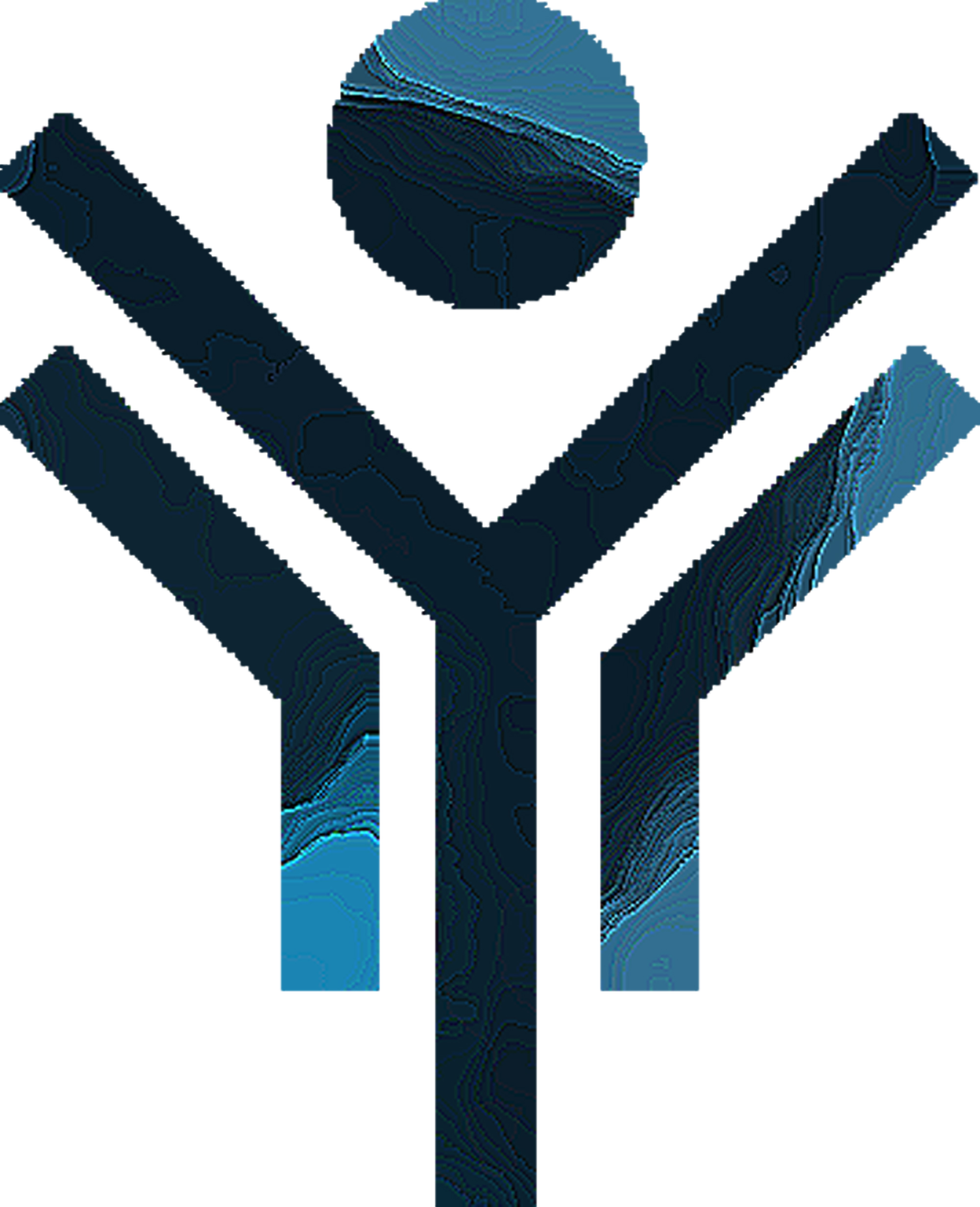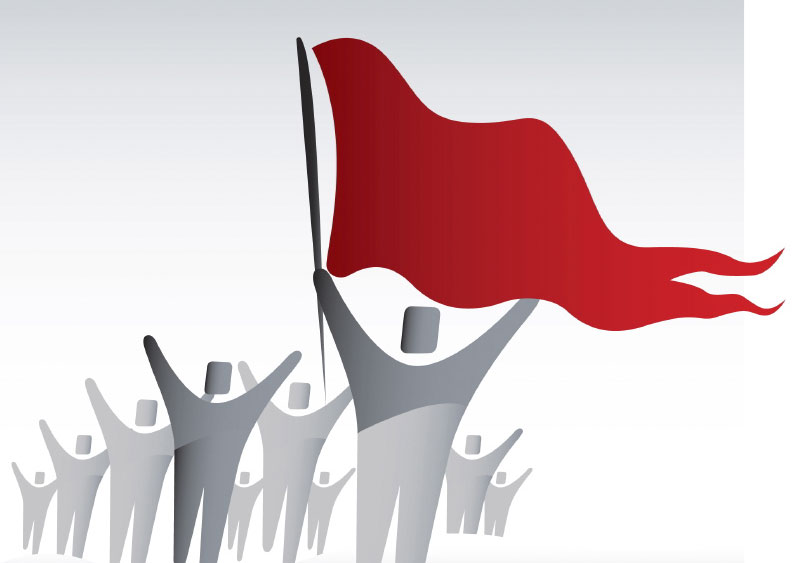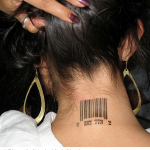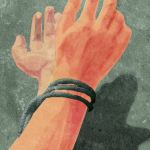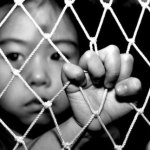We live in a world where human trafficking is so prevalent that many of us have no doubt encountered victims and didn’t even realize it at the time. With that in mind, here is a terrific list of things to look for that was posted by Steve Graham of ACT (Against Child Trafficking
Red Flags: Spotting a Human Trafficking victim
* Living with Employer
* Poor Living Conditions
* Multiple People in Cramped Space
* Inability to Speak to an Individual Alone
* Employer Holding Identity Documents
* Signs of Physical Abuse
* Submissive or Fearful
* Unpaid or Paid Very Little
* Under 18 and in Prostitution
* Heavy security at the commercial establishment including barred windows, locked doors, isolated location, electronic surveillance. Women are never seen leaving the premises unless escorted.
* Victims live at the same premises as the brothel or work site or are driven between quarters and by a guard. For labor trafficking, victims are often prohibited from leaving the work site, which may look like a guarded compound from the outside.
* Victims are kept under surveillance when taken to a doctor, hospital or clinic for treatment; trafficker may act as a translator.
* High foot traffic, especially for brothels where there may be trafficked women indicated often by a stream of men arriving and leaving the premises.
Trafficking victims are kept in bondage through a combination of fear, intimidation, abuse, and psychological controls. While each victim will have a different experience, they share common threads. Trafficking victims live a life marked by abuse, betrayal of their basic human rights, and control under their trafficker. The following indicators in and of themselves may not be enough to meet the legal standard for trafficking, but they indicate that a victim is controlled by someone else and, accordingly, the situation should be further investigated.
<p>IF YOU ARE ABLE TO ASK QUESTIONS OF A PERSON YOU THINK HAS BEEN TRAFFICKED, THESE ARE THE MOST IMPORTANT QUESTIONS TO ASK:
* Can You Leave Your Job if You Want?
* Can You Come and Go as You Please?
* Have You Been Hurt or Threatened if You Tried to Leave?
* Has Your Family Been Threatened?
* Do You Live With Your Employer?
* Where Do You Sleep and Eat?
* Are You in Debt to Your Employer?
* How did you arrive at this destination?
* Do You Have Your Passport/ID? If Not, Who Has It?
Very Important: You do not want to create a situation of greater danger for this person. Ask questions with great care and sensitivity. The person may be traumatized and not be able to speak about his/her experience. Most trafficking victims will not readily volunteer information about their status because of fear and abuse they have suffered at the hands of their trafficker. They may also be reluctant to come forward with information from despair, discouragement, and a sense that there are no viable options to escape their situation. Even if pressed, they may not identify themselves as someone held in bondage for fear of retribution to themselves or family members.
Anyone can report suspected trafficking cases. If the victim is under 18, professionals who work in law enforcement, healthcare, social care, mental health, and education are mandated to report such cases. Through a grass-roots community-wide effort and public awareness campaign, more professionals on the front line can readily identify the trafficking victim and have him/her treated accordingly.
INDICATORS THAT OFTEN POINT TO A PERSON HELD IN A TRAFFICKING CONDITION</p>
Health Characteristics of a Trafficked Person
Some of the health problems that may be evident in a victim include:
* Malnutrition, dehydration or poor personal hygiene
* Sexually transmitted diseases
* Signs of rape or sexual abuse
* Bruising, broken bones, or other signs of untreated medical problems* Critical illnesses including diabetes, cancer or heart disease
* Post-traumatic stress or psychological disorders
Other Important Signs
In addition to some of the obvious physical and mental indicators of trafficking, there are other signs that an individual is being controlled by someone else. Red flags should go up for police or aid workers who notice any of the following during an intake. The individual…
*Does not hold his/her own identity or travel documents
* Suffers from verbal or psychological abuse designed to intimidate, degrade and frighten the individual
* Has a trafficker or pimp who controls all the money, victim will have very little or no pocket money
